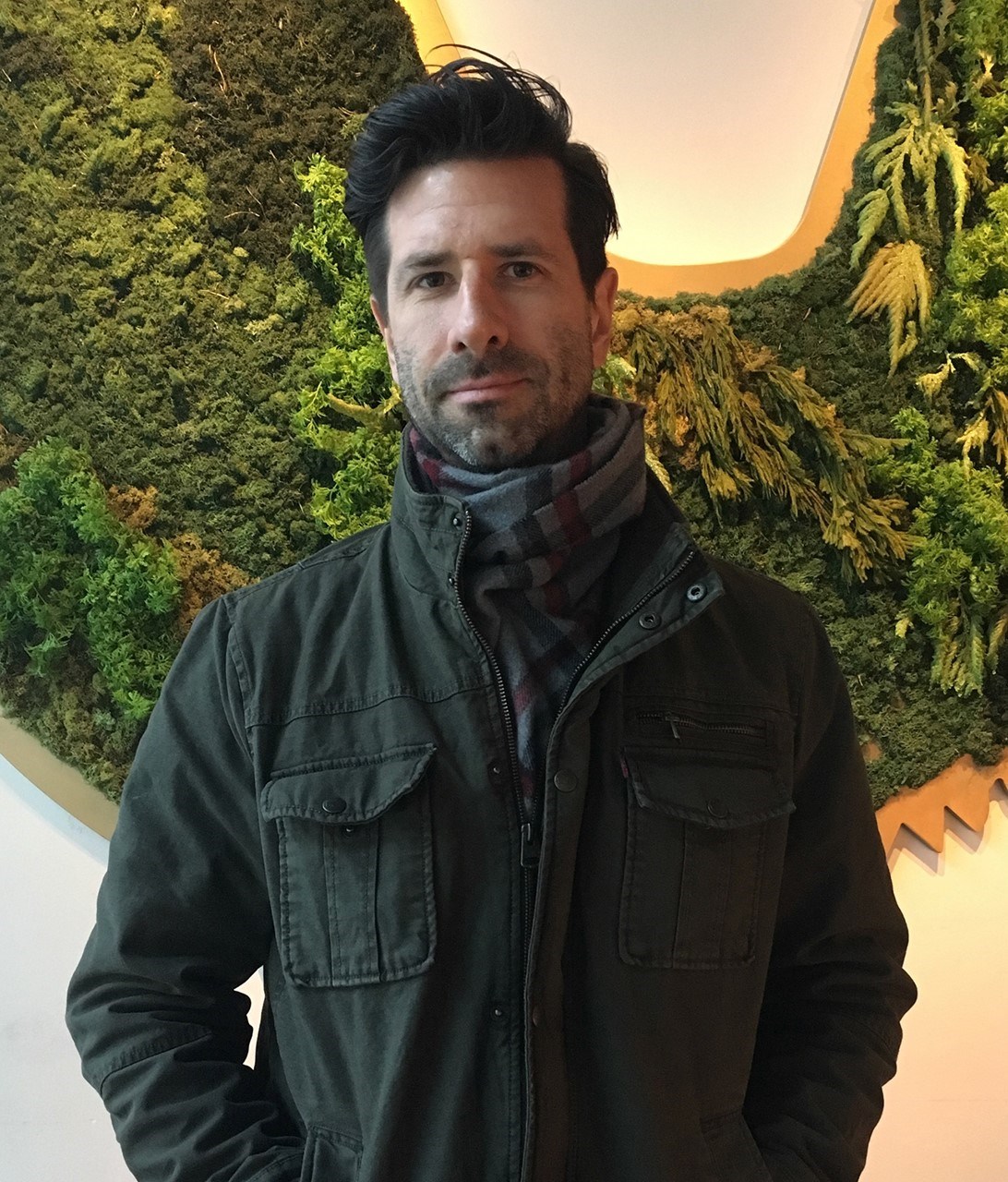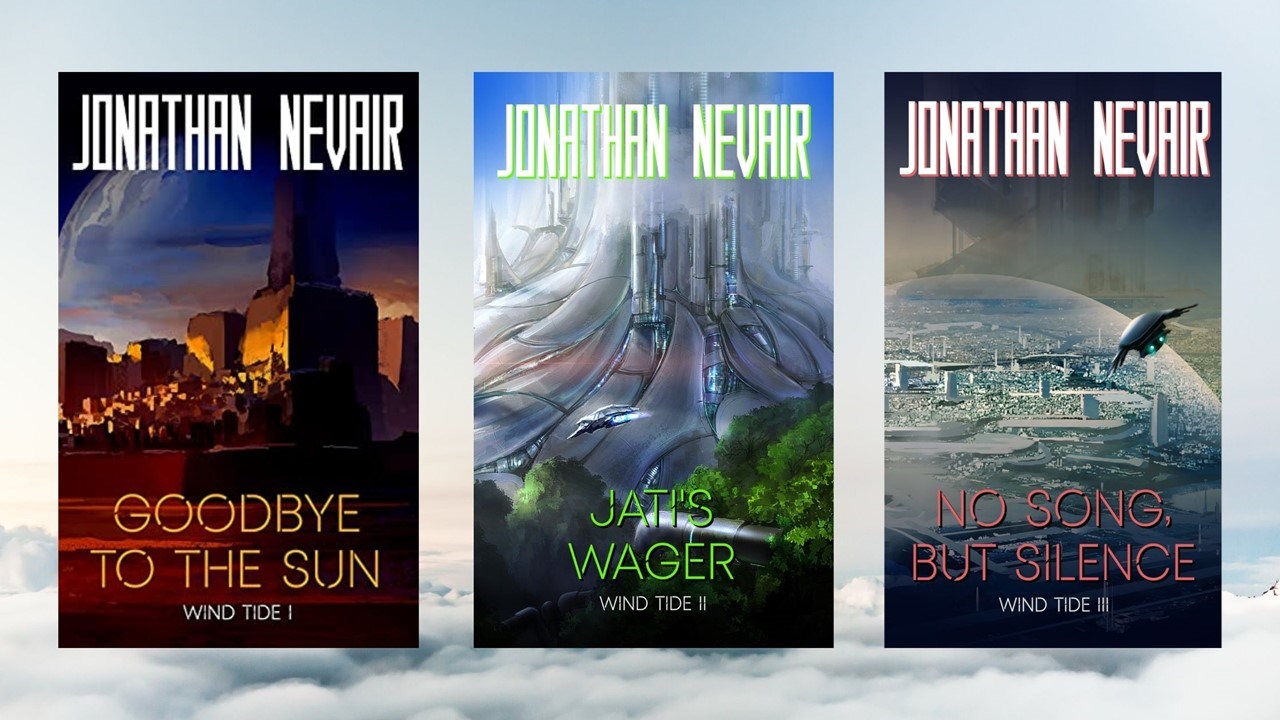 Jonathan NevairJonathan Nevair
Jonathan NevairJonathan NevairThe Wind Tide series is more than just a space opera adventure. It’s an exploration, critique, and celebration of human character, morality, and our relationship to broader ecologies. Environmental themes play a strong role in the series, drawing out important and difficult questions about how to approach and consider our place in larger ecosystems and planetary habitats. Terraforming and the exploitation of natural environments for profit, corporate domination, and oppression of cultural groups is a central theme of the series, and the books offer difficult and challenging questions for the characters that leave readers to ponder real-world ethical issues while delving into a secondary universe of science fiction.
There’s a stream of optimism running through these stories, despite the tragedies that persist in the lives of the characters who stand up and attempt to make their world a better place in a vast galaxy. That’s what I like about science fiction. It’s a form of speculative writing that gives you the ability to dream, to envision a different world and a different society. But in doing so, and in taking the journey, it sends those experiences back Earth and the possibilities for our own very real and potential future.
Life is complicated. We are both change agents capable of directing our own destiny and bound by larger forces - economic, social, cultural, political, etc. that challenge our independence, freedom, and individual and collective rights. The characters in the Wind Tide universe are like us – their world may look different, but their emotions, their struggles, and their victories are human experiences. Oppression and abuses of power are very real for people like Razor, Ailo, Jati, and Lazro in the Sagittarius Arm. The stories that run through the three books in the series speak to how quickly eco-friendly technology can turn from safe and ethical forms of energy production to a force of domination in the hands of those desiring power and greed.
Science fiction is a beautiful and visionary literary genre that allows us to relate and consider possibilities both within the current and potential future of our global contemporary world. There’s a growing interest in stories that consider an optimistic relationship to the environment, and to energy and other forms of technological production that take a positive attitude in the face of extremely difficult and challenging obstacles based on ecological crisis – Hopepunk, Solarpunk, Greenpunk… call these subgenres by whatever name you like, they tell stories about heroic people, everyday people who are willing to stand up and do what is right to make change for themselves, their fellow humans, and all living species, as well as the planets that offer them a home. As space opera, The Wind Tide series offers a far-off space-based story that stands in a literary alliance with these exciting approaches. The moral struggle and character-driven adventure in the books remind us that heroes are all around us. They’re everyday people, working alone and collectively, ready to stand up and do what’s right for themselves, their fellow human beings, and all living things in a greater and deeper ecology.
 The Wind Tide SeriesJonathan NevairAbout Jonathan Nevair
The Wind Tide SeriesJonathan NevairAbout Jonathan Nevair
From the moment he saw Star Wars: Episode IV in the theater as a child, Jonathan’s eyes turned to the night sky and the capability of FTL drives to whisk him off to distant star systems. After two decades of academic publishing, he finally got up the nerve to write fiction and bring those worlds to life.
Jonathan lives in southeastern PA with his wife and rambunctious mountain feist, Cricket. When not writing and teaching, he spends his time chasing his dog through the woods and hoping he’ll be able to walk in space before he croaks.
Jonathan Nevair (he/him/his) is the pen name for Dr. Jonathan Wallis, Professor of Art History at Moore College of Art & Design, Philadelphia
Read Sue's Indie Spotlight interview with Jonathan HERE.
Page created on 11/19/2021 5:23:10 PM
Last edited 11/19/2021 7:08:52 PM
